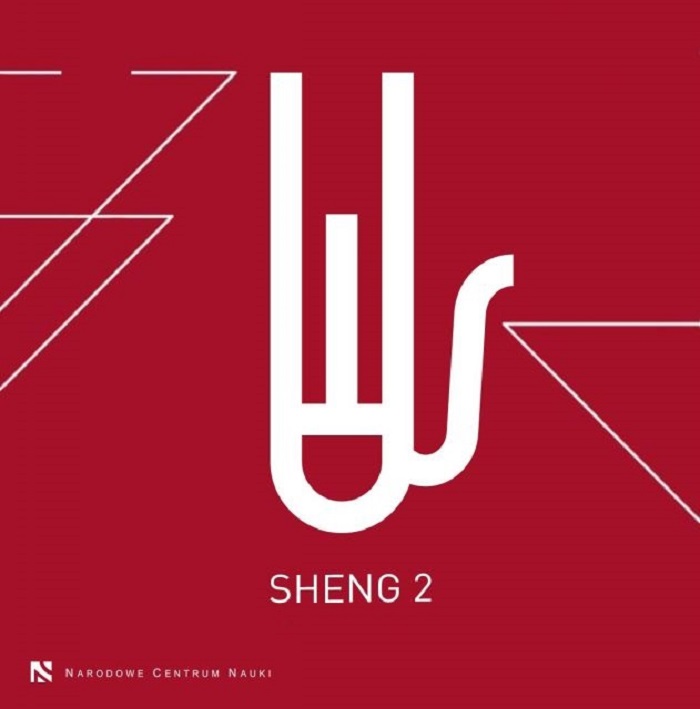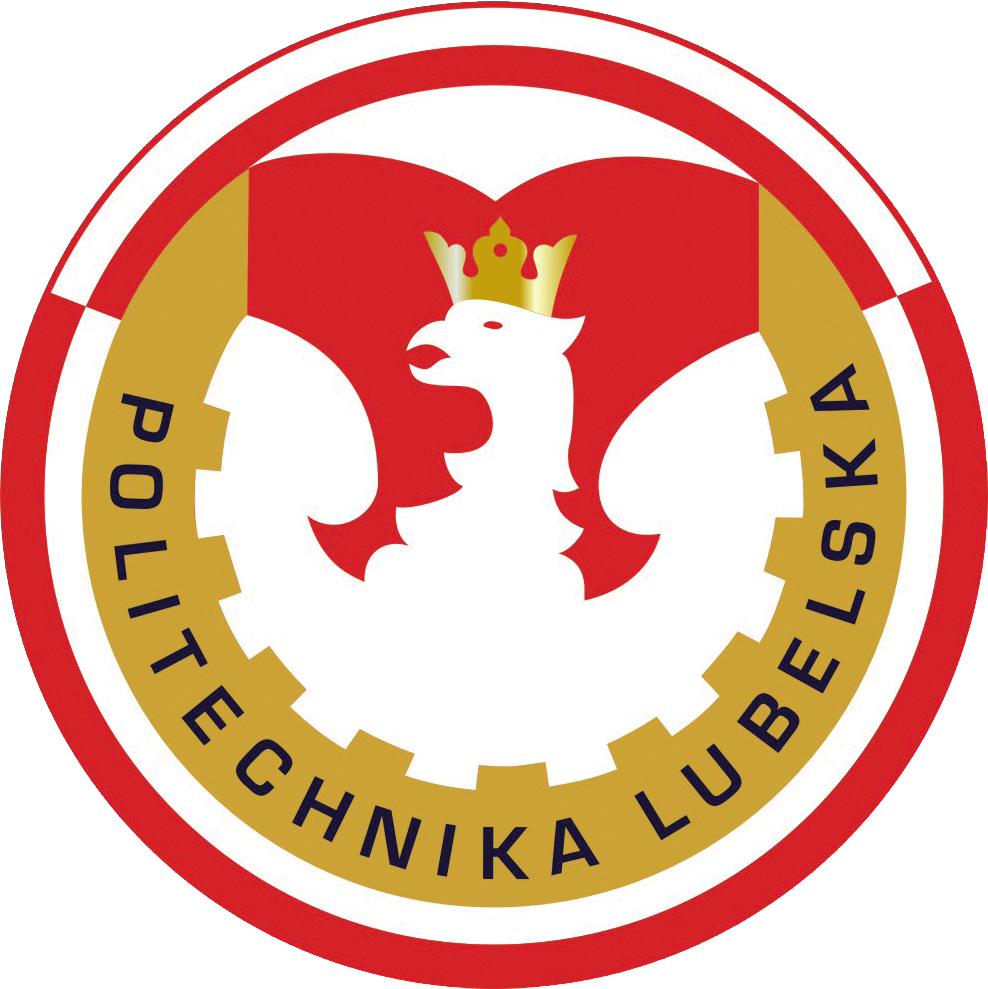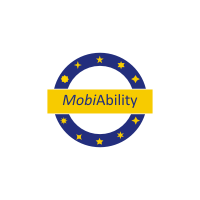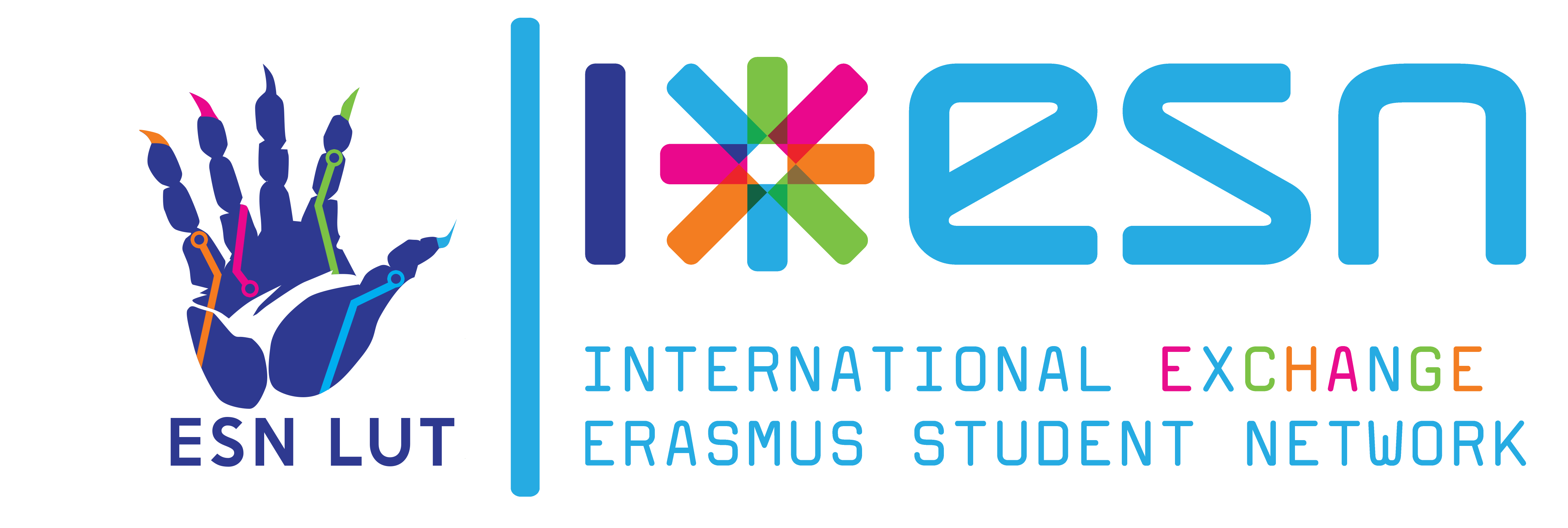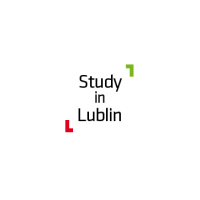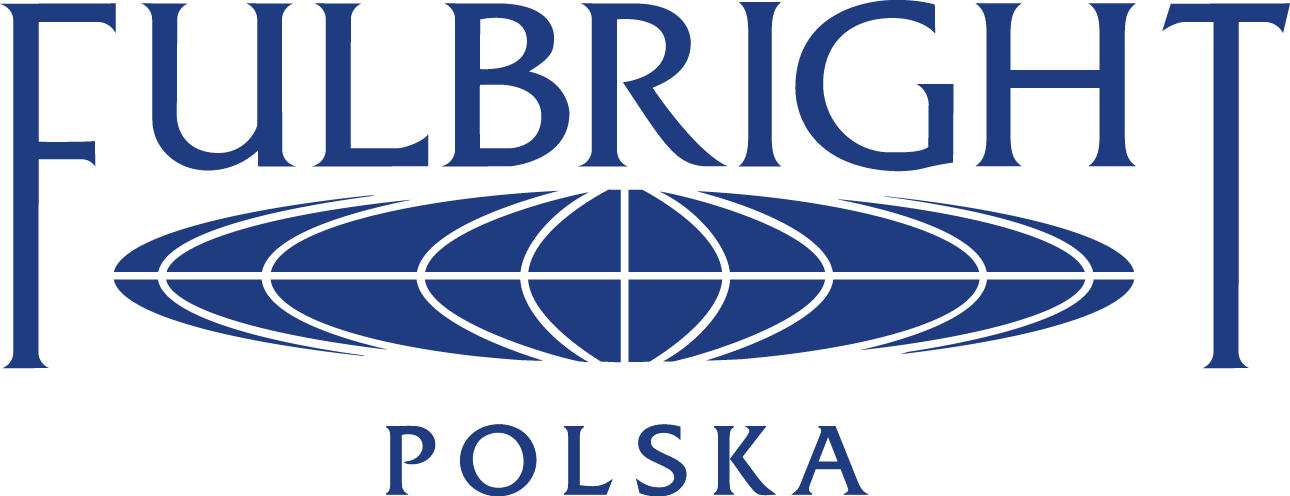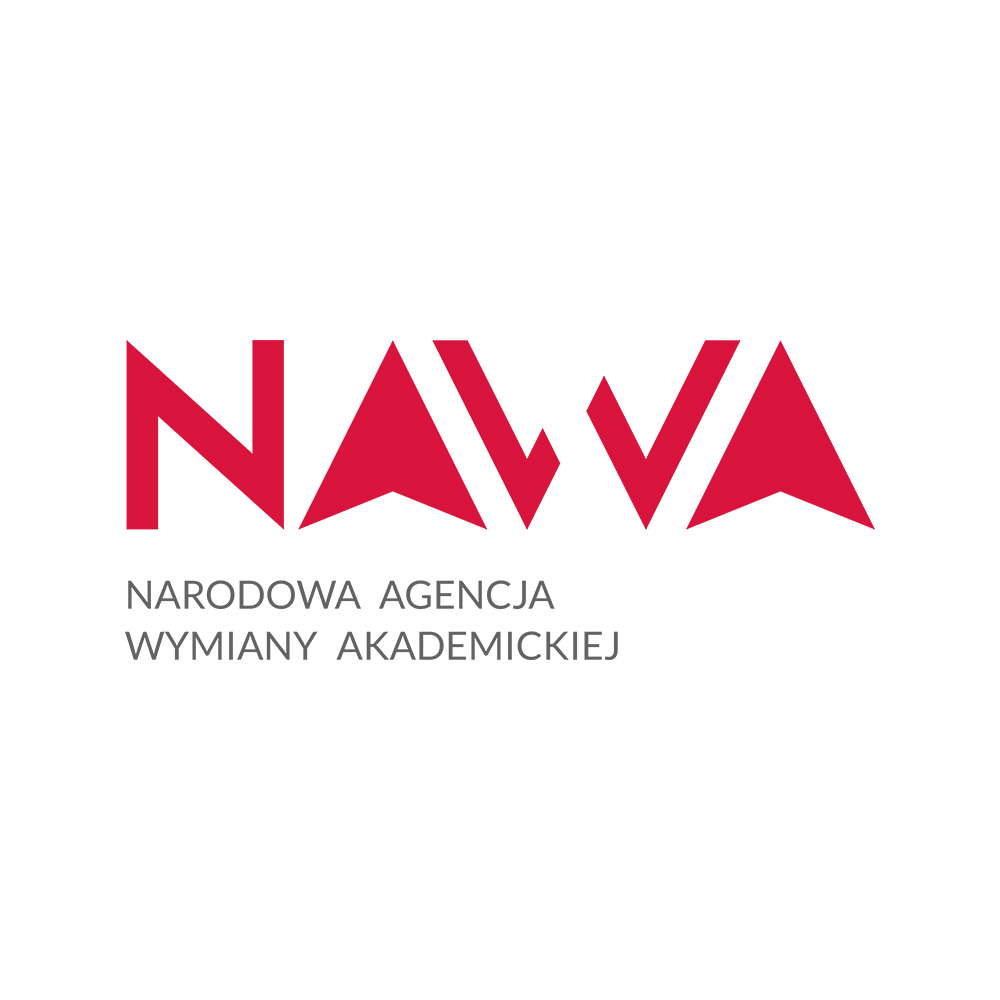Internship for students in a scientific project
Lublin University of Technology announces an open competition for a research scholarship awarded to young scientists in research projects financed by the National Science Center.
The offer is addressed to 1st and 2nd degree students of technical studies (preferred fields of study related to mechanical and electrical engineering) and concerns research work in the NCN SHENG-2 project No. 2021/40/Q/ST8/00362 entitled "Effective mechanism of obtaining energy from wind-induced vibrations and its optimization (HPCWIVEHMO)”. The project is realized at the Department of Automation, Faculty of Mechanical Engineering, Lublin University of Technology.
Competition terms & conditions
The competition may be entered by persons who meet the requirements set out in the "Regulations on awarding research scholarships to young scientists in research projects financed by the National Science Center", hereinafter referred to as "Regulations", in accordance with the NCN Resolution No. 25/2019 of March 14, 2019.
A scholarship of PLN 2,500 per month will be granted for a period of 3 months (extendable up to 6 months), depending on the progress of the work performed by the grantee. The scholarship is awarded by the Competition Committee appointed by the Head of the Unit, composed of the following people:
- Prof. Grzegorz Litak - Chairman, SHENG-2 project manager
- Prof. Piotr Wolszczak
- Dr Eng. Radosław Cechowicz
- Bartłomiej Ambrożkiewicz, MSc.
The competition procedure includes:
- scoring of submitted applications in accordance with the NCN regulations,
- a possible interview to be conducted with selected candidates.
The complete documentation for the competition can be submitted electronically by sending the documents to the following e-mail address: This email address is being protected from spambots. You need JavaScript enabled to view it. or in paper form to the office of the Department of Automation, Faculty of Mechanical Engineering, Lublin University of Technology, room M728, no later than 04/02/2022. We reserve the right to conduct an interview only with selected candidates or resign from adjudicating the competition.
Required documents
- CV with a photo and a specification of interests, a list of possible scientific achievements and distinctions as well as the subject of the engineering thesis (only for 2nd degree students),
- Letter of motivation,
- Academic transcript and confirmation of the student’s status,
- Language certificates.
Obligations of the scholarship holder
- Implementation of tasks related to the construction of a prototype of a system for obtaining energy from wind-induced vibrations and an external source of mechanical vibrations. The tasks will include the CAD design of the above-mentioned system, its implementation and, in the event of a positive evaluation of the preliminary work of the project, its testing.
- Participating in the meetings of the research team,
- Submitting monthly reports on the results of the completed project tasks - lack of a report or failure to implement the planned tasks may be the basis for suspending or terminating the scholarship agreement,
- After the receipt of the scholarship, the scholarship holder should submit a final report on the commissioned tasks within one month from the date of the completion of the scholarship agreement.
Required skills
- The student’s status, the preferred fields of study are the ones which bind mechanical and electrical issues, i.e. robotization of manufacturing processes, mechatronics, mechanics and machine construction,
- Practical knowledge of one of the engineering prototyping programs (CAD),
- Knowledge of the basics of 3D printing techniques, basic techniques of subtraction as well as the techniques of joining mechanical elements,
- Ability to work in a team, diligence and punctuality.
Description of tasks to be performed
- Preparation of a description of the oscillator concept for obtaining energy from wind-induced vibrations or an external source of mechanical vibrations as well as the preparation of appropriate 3D models,
- Physical execution of the developed oscillator, its possible testing in a wind tunnel (after positive evaluation) or testing with the use of a mechanical vibration inductor,
- Preparation of the final report on the work carried out.
